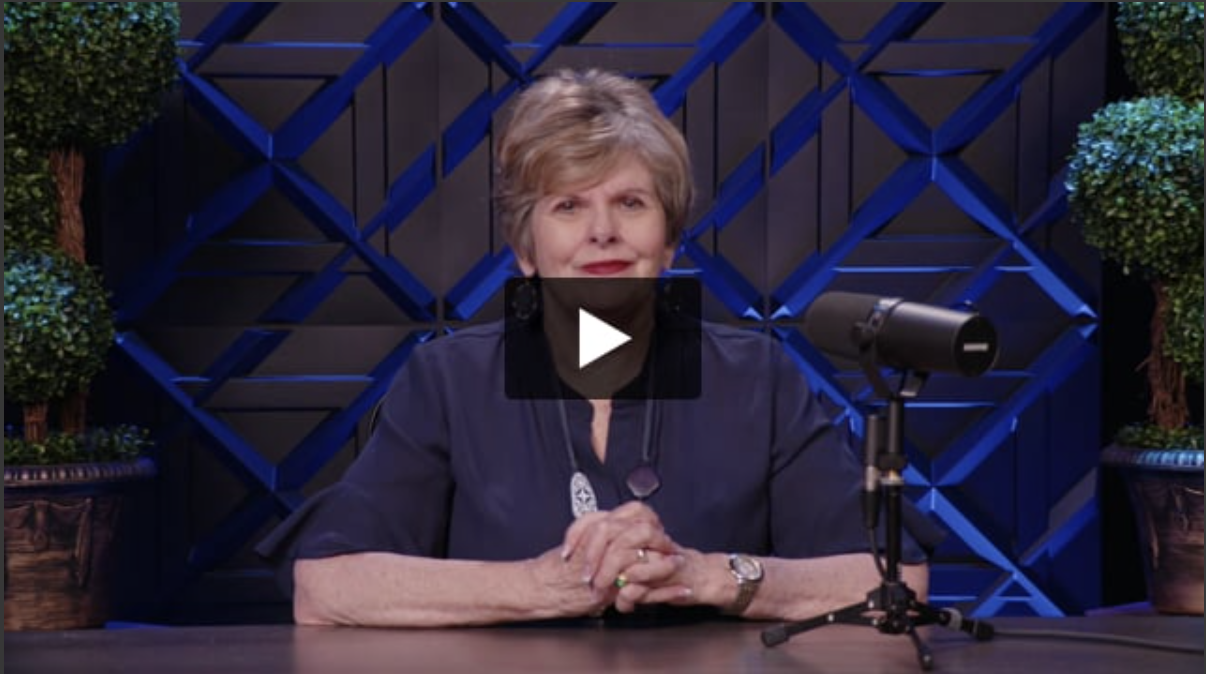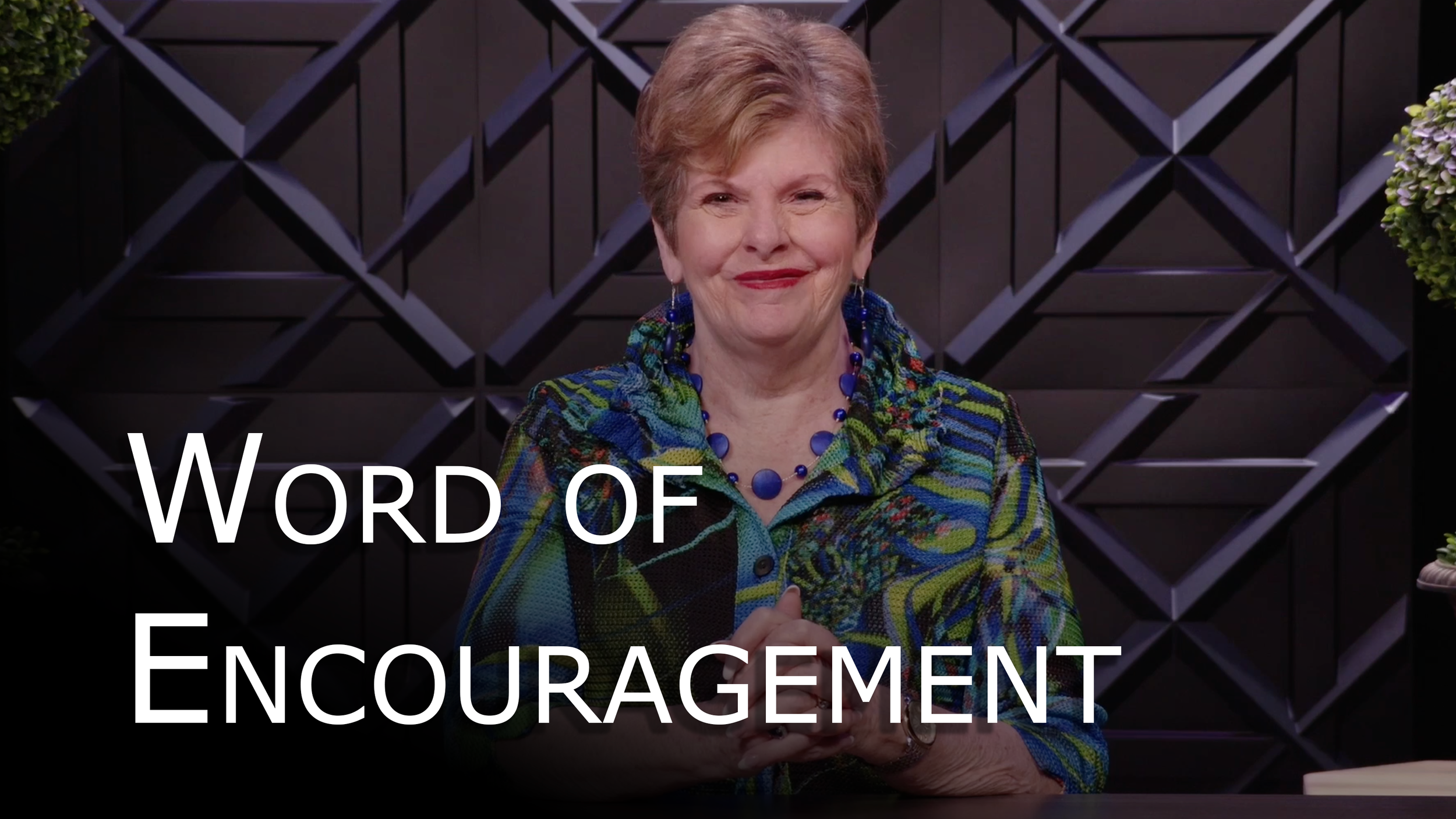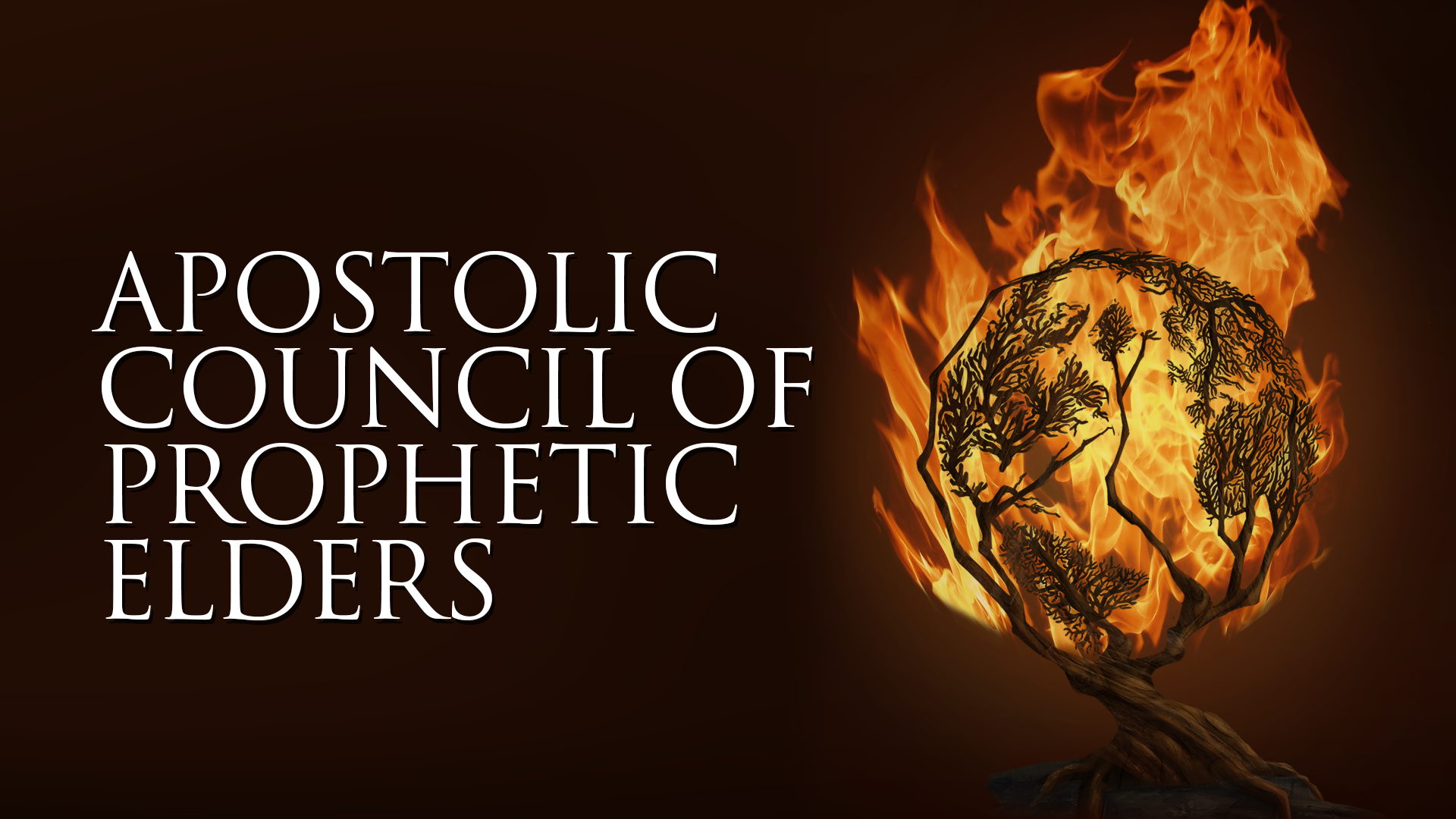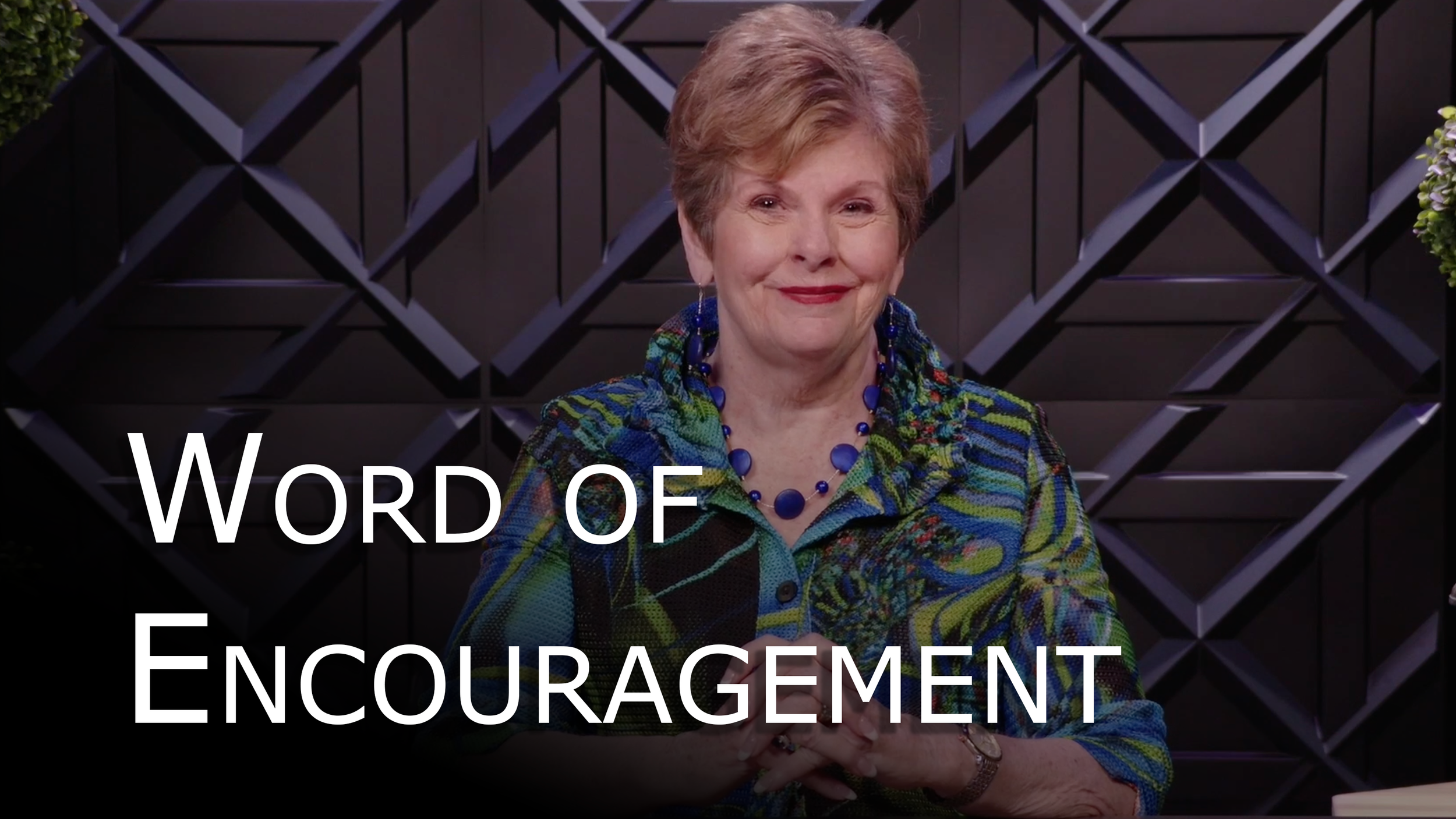Taking Risks to Impact Culture
“When the righteous are in authority, the people rejoice: but when the wicked beareth rule, the people mourn.” (Prov. 29:2; KJV)
Scriptures like Proverbs 29:2 underscore that a biblical construct for government founded on principles of righteousness brings freedom, while government that runs contrary to godly standards brings loss of freedom—or oppression.
Recently, our city’s newspaper published a guest column I had written on the bathroom debate. I had not intended (nor wanted) to do this and needed very clear direction from the Lord. However, after several indications to proceed, I got additional clear direction and confirmation—the most powerful which came to me in the form of a dream.
The opening scene was reminiscent of an old western town movie set—everything was stark, lifeless and rendered in shades of brown. I decided to enter a particular building to use the bathroom, but as I entered, it suddenly began flying off the ground!
Like in a flashback of Dorothy and The Wizard of Oz, I was forced to huddle just inside the door, unable to move any further as the building pitched and spun wildly through the air.
Then abruptly the scene changed—the building quit spinning and flying. It hovered, poised motionless several stories above ground. The scene below resembled a cross between heaven and The Wizard of Oz! Colors were brilliant and exaggerated, and there were lush vibrant gardens of produce and flowers everywhere.
I understood I had the power to give the command that would set the building down. Other people in this hovering structure (and even some who seemed to watch from outside it) waited to see what I would do. Clearly it would bring life and safety to many if I gave the command, but I seemed reluctant to do this for some reason.
But one point was abundantly clear. If I chose not to give the command, it was because of selfish or self-serving reasons. And still in a state of indecision, I woke up.
Of course…I decided to write the article.
Pork Chops and Wolves—Intercession and Sacrifice
In this process, the Lord began speaking to me about slavery, or oppression. We may think slavery went away with the abolition movement of the Civil War era, but the Lord impressed upon me that other forms of oppression are just as real and pressing in our day.
There are many aspects of religious and personal freedoms currently under attack, but let’s return to the example of the recent governmental push to mandate genderless public restrooms (don’t let the newly-coined term gender inclusive fool you, by the way).
Here are some things the Lord showed me. When men and women are treated as one with no opportunity for common privacy and modesty, it is oppression—think concentration camps and prison cells—where lack of dignity and respect are standard. He revealed to me that, when Moses’ mother put him in the river, her thoughts were that it was better for him to drown than to die under oppressive rule. And finally, as intercessors who stand in the gap, we are called to not just intercede in prayer, but also to act, which includes sacrifice. (For this point, the Lord actually preached an article I had written back to me in a dream!)
Sometimes when I’m about to do something like this, I feel like I’m dressing up like a pork chop and whistling for the wolves! But I know that’s not accurate. What’s really happening is that we are in a spiritual battle to ascend cultural mountains, and you don’t achieve cultural prominence without a fight. But the good news is, God is fighting with and for us—we are not alone in the fight!
On occasion, I see supernatural evidence of this. Once when I wrote a column for the newspaper on homosexuality/political correctness, I was getting particularly hammered in the online comments. The next night, I had a short dream in which I saw a Holy Spirit wind blow all the comments away.
And the next day, low and behold, there was a notification on the newspaper’s website, announcing it had completely revamped its format and apologizing that all comments on all previous articles had been irretrievably lost! To this day, if you click on the link to this article, there’s one lone comment that reads, “Where have all the comments gone?”
Occupation Involves Risk
One thing that can prevent believers from speaking out against oppressive government is an inaccurate perception of separation of church and state. The historical context for formulating this concept was actually to protect citizens from oppressive rule!
Another is the belief some hold that we’re not called to influence culture—particularly the government mountain. I was once on the leadership team of our local pastor’s network and mentioned that we should be releasing believers to serve in places like city councils and as county commissioners. One pastor (of a very large church) vehemently exclaimed, “We’re not called to politics, we’re called to make disciples!”—completely missing the aspect that we’re called to disciple nations, too.
And some have given in to a spirit of resignation or hopelessness, believing we can’t make a difference, and that, in order for Christ to come back, things have to get much worse anyway. But if we’re just hanging on till the rapture, we’ve missed our call to occupy. Luke 19:13 (KJV) says:
And he called his ten servants, and delivered them ten pounds, and said unto them, “Occupy till I come."
This may bring to mind the military usage of this word, as when an army controls a certain population. While this has some merit, it’s not actually what this word means here.
The Greek word for occupy (SG #4231) means, "to do business; trading, exchanging (leveraging) one thing for another to make a legitimate gain; (figuratively) ‘to bear much fruit,’ the opposite of being fruitless because of refusing to make trades by ‘playing it safe.’"
In other words, we do not occupy the kingdom by playing it safe; occupation involves risk, as we use the gifts and talents the Lord has given us to increase His kingdom.
And don’t forget—those who occupy are the ones called “faithful” who are given much greater authority (v. 17).









